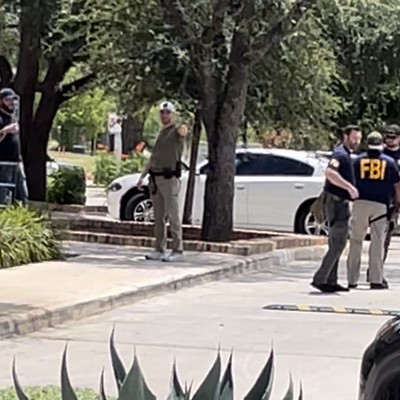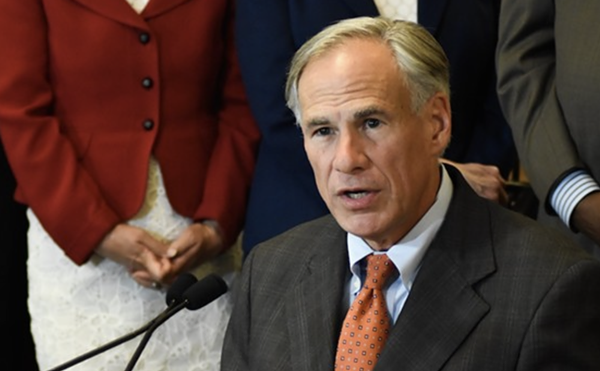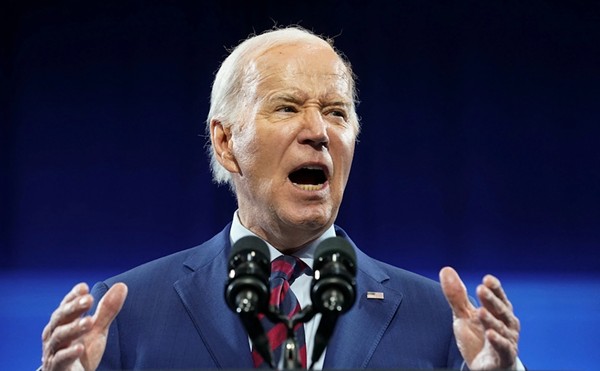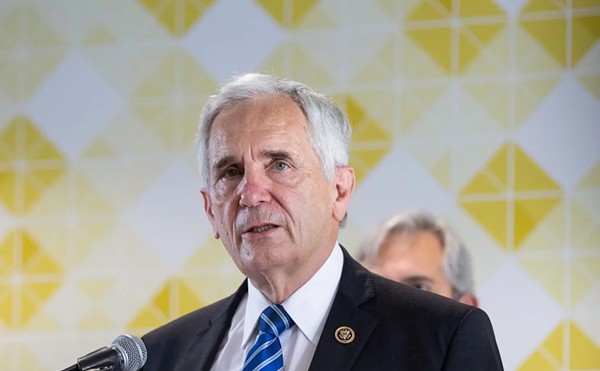“J” has been in and out of the Bexar County Jail for years—all because he couldn’t afford to pay a speeding ticket when he was 19. Because he didn’t have the money, J lost his license and was forced to repay his debts in jail time. After his release, J still couldn’t retrieve his license without a hefty fee. And the longer it went unpaid, the more he owed.
He was stuck: “I couldn’t pay my fines if I couldn’t get to my job, and I couldn’t get to my job without driving illegally.”
J, now 35, owes Bexar County $3,000 in unpaid fines. But he’s not the only Texan stuck in this vicious cycle.
J is one of the hundreds of low-income Texans featured in a new report by the American Civil Liberties Union highlighting this “poverty trap” found in courts across the state, where the punishment for violating a petty crime—like a traffic offense—ultimately depends on how much money they have. These misdemeanors are rarely punishable with jail time on their own. Thus, the ACLU argues, Texas is criminalizing poverty.
In Texas, judges are required to consider a defendant's income before sticking them with a fine. But, according to the ACLU, this isn’t reflected in the courtroom.
"Most or nearly all courts across the state are jailing people without doing a serious inquiry into the ability to pay [fines]," said Trisha Trigilio, an ACLU staff attorney, in a press release.
Instead, defendants are given a “one-size-fits-all” fine. Those who can pay walk away largely unscathed. Those who cannot face incrementally larger fines, jail time, or, in most cases, both. The report blames cities for prioritizing city revenue, collected through these burdensome fines, over running a fair justice system.
The ACLU published this report on Friday, the same day its lawyers filed a lawsuit against the Southeast Texas city of Santa Fe, charging officials with “running a modern-day debtors’ prison.” Again, the focus is unpaid traffic fines.
“Those who cannot afford to pay upfront—the disabled man on a fixed income, the young veteran who just started a small business, the blue-collar worker supporting his family—are trapped in a maze of escalating fines and fees that can take years to pay off,” the suit reads.
This tactic, ACLU lawyers claim, was all to fix a city budget shortfall of
more than $600,000.Terri Burke, executive director of the ACLU of Texas, put it succinctly last week: "Aren’t we Texans better than this?"

















